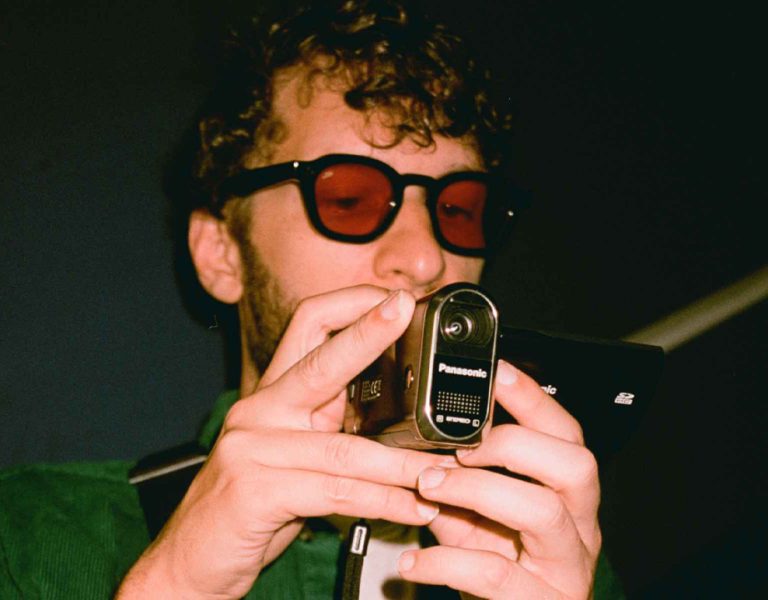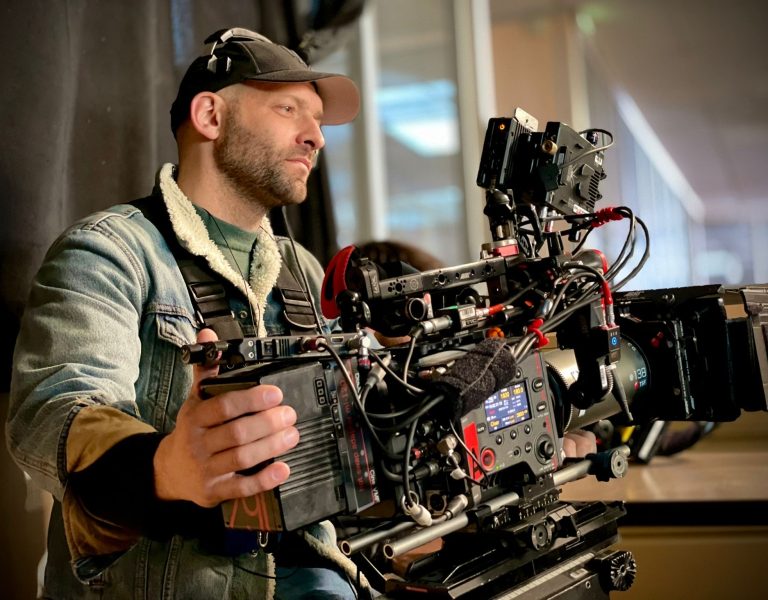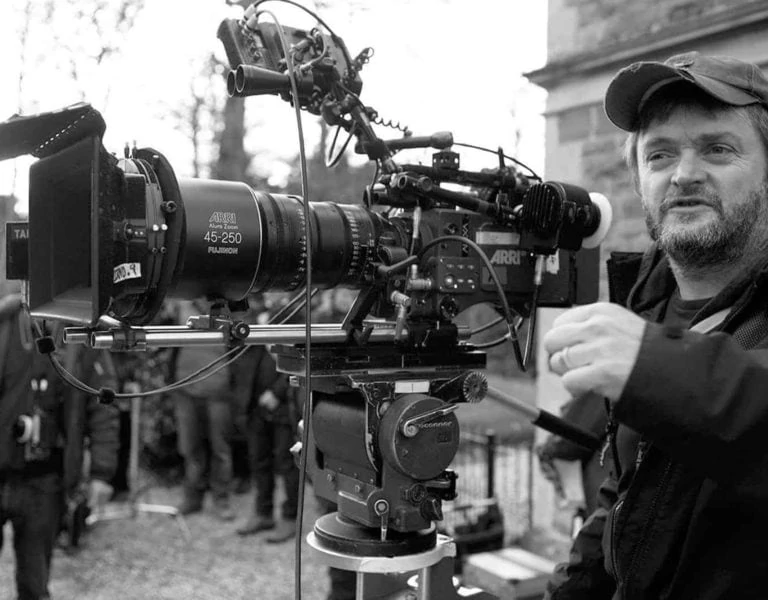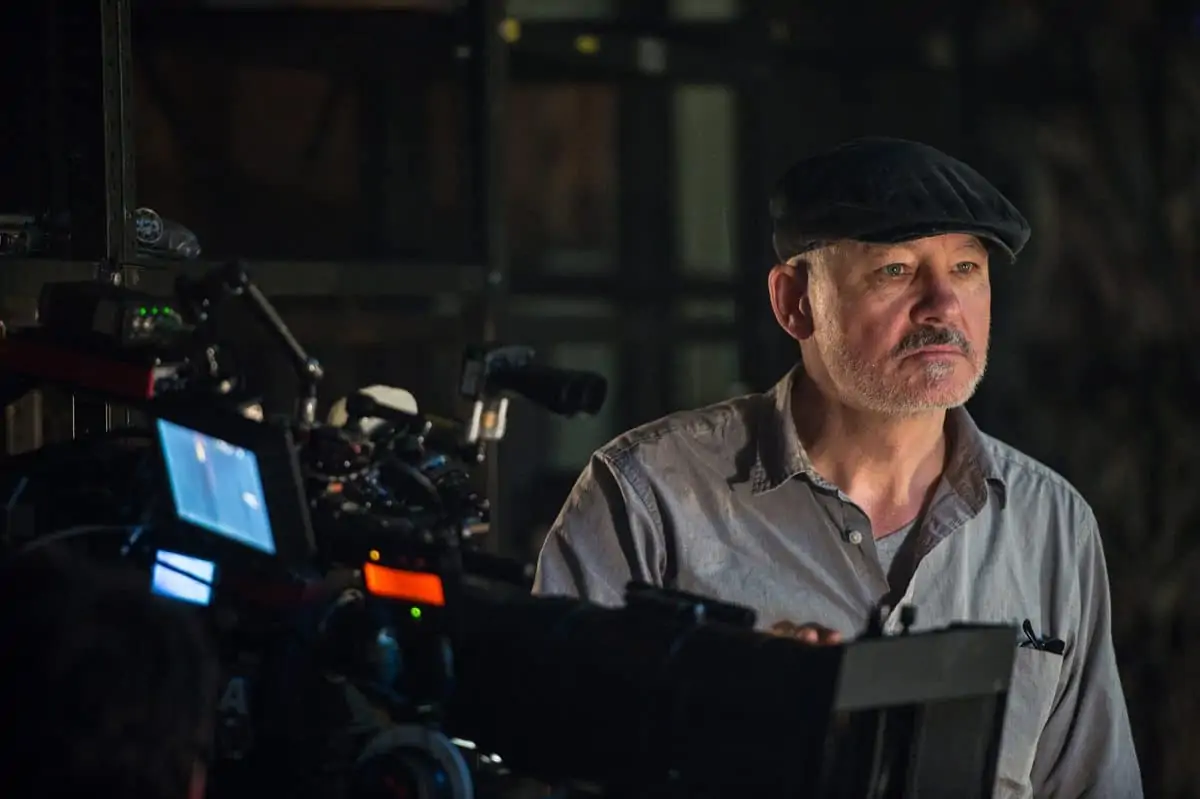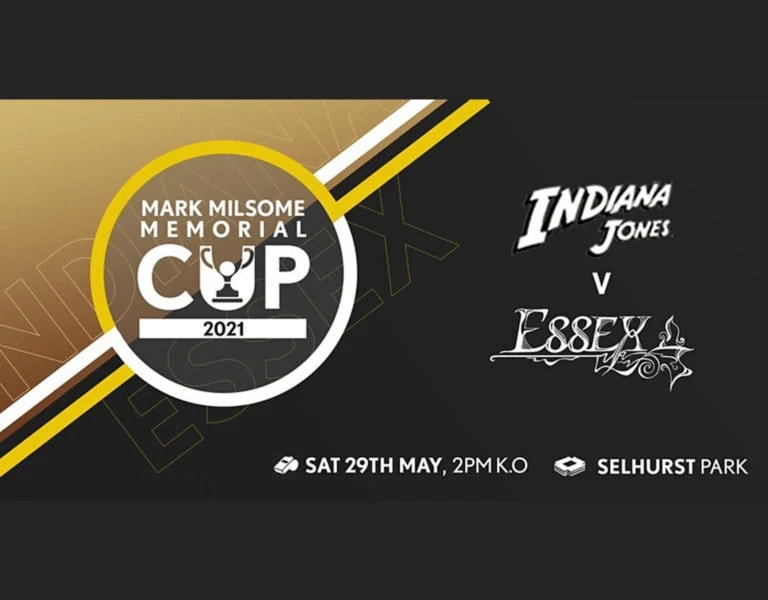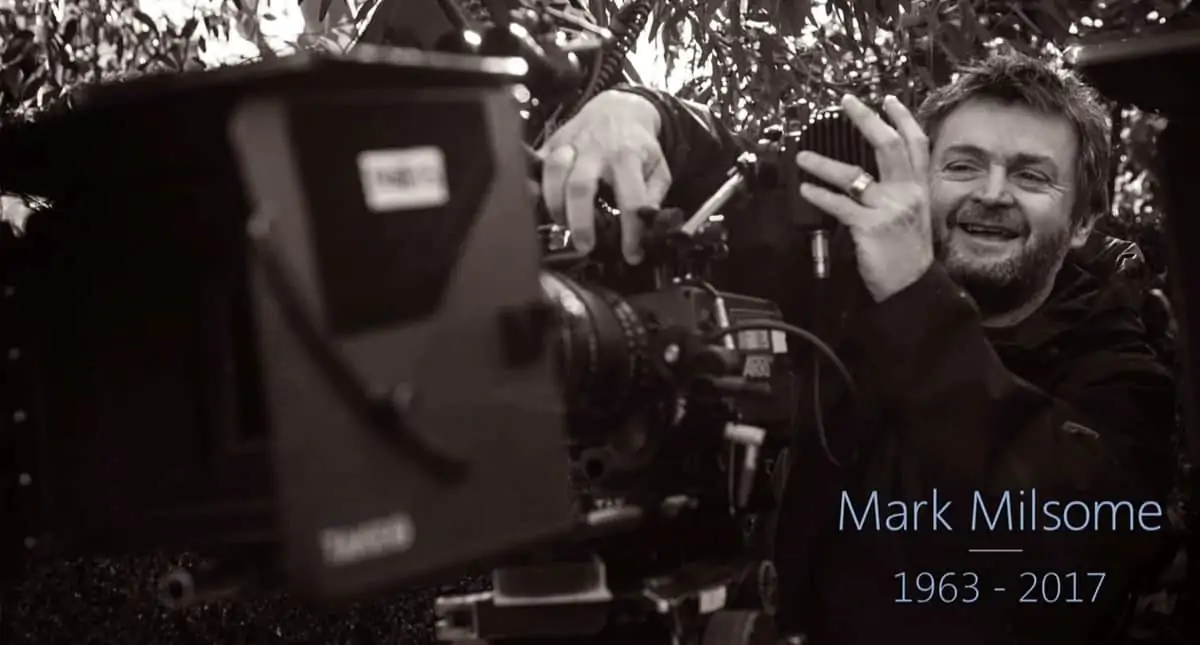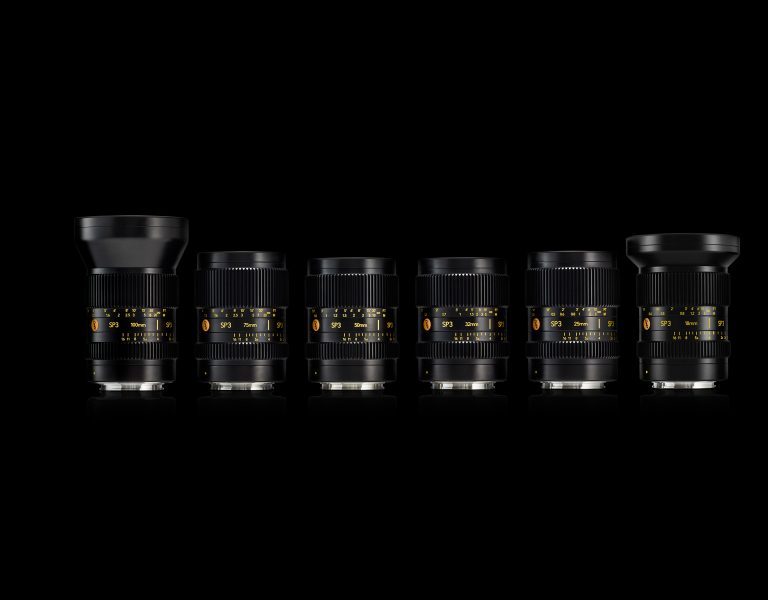Inquest into Mark Milsome’s death rules risk to life was ‘not effectively recognised’
Nov 3, 2020

The inquest into the tragic death of British Camera operator Mark Milsome, who was killed in 2017 whilst filming a car stunt in Ghana, stated that the risk to life was not effectively recognised. The following report is from Nigel Walters BSC, who attended the four-day inquest.
On 22 October 2020, the inquest of the coroner at West London Court stated that Mark Milsome was killed because “the risk of being harmed or fatally injured was not effectively recognised, assessed, communicated or managed.”
The safety officer attached to the production was Jamie Fewster from First Option. He wrote a risk assessment following location meetings with the original stunt co-ordinator, Julian Spencer, and together they discussed the intentions, execution and scope of the stunt. This risk assessment remained in operation, without amendment, until the day of the fatal stunt on 18 November 2017.
Assessed after recces in Ghana, the risk assessment stated, “None of the three cameras planned for the stunt were to be manned. There were to be no manned cameras in line with a moving vehicle.”
Adrian Waterman QC, representing the Milsome family, told the court that the risk assessment “made no reference at all to the risk of the vehicle going out of control and hitting somebody.”
During days of intense, often harrowing evidence, especially for the family, no reason was given as to why a risk assessment should have been ignored and a camera manned despite the danger.
Discussions on the day of the stunt between Mark Milsome, other crew members and John Smith, who had replaced Julian Spencer as stunt co-ordinator, resulted in one of the three cameras being manned, despite the danger. This newly manned camera position and the other two unmanned camera positions were agreed by the director Hugo Blick when he eventually arrived on set.
The clear evidence by Julian Spencer stated that the ramp was built to his specifications to ensure that the Land Rover DID NOT turn on its side directly off the ramp but instead that it would, after hitting the ramp, be driven on two wheels before a more controlled flip on to its side, as described in the script. He confirmed the original stunt was conceived to happen at a relatively slower speed than was eventually the case.
When Julian Spencer was taken ill and replaced as stunt co-ordinator by John Smith, Smith was not informed of the original conception of the stunt which was to propel the vehicle on two wheels before tipping. Together with the majority of those present, he believed the ramp had been designed to flip the Land Rover off the ramp itself. The producer Abi Bach confirmed in later evidence that it had also been her understanding that the stunt had not intended the Land Rover to be driven on two wheels. John Smith, in his video evidence, stated that ideally, he would have wished to design the ramp himself but after being assured it had been tested effectively by Julian Spencer in the UK he accepted the production’s assurances.
The ramp was brand new and shipped in from the UK before assembly. At no point had either stunt co-ordinators communicated with one another or had been asked to communicate with one another.
John Smith had instructed his driver to effect the turn to its side whilst still traversing the ramp. This resulted in the Land Rover ploughing straight ahead, giving Mark Milsome and his grip Paul Kemp less than a second to evade its approach.
At no time in the four-day inquest was it mentioned that any discussion took place as to the consequences of the stunt not working. Contrary to Julian Spencer’s original plan, the unit believed that the Land Rover would turn over from the ramp.
One of the production team members responsible for Health and Safety of the unit on set, the 1st AD Dean Byfield, admitted when questioned by Adrian Waterman QC that there had not been an “entirely inclusive all-encompassing Safety Briefing on the night” but added that it would not have been standard for one to have taken place. When asked if it would have been better for one to have taken place, he replied “had these things emerged, that’s hindsight, so I don’t know.”
The absence of a unit safety briefing was acknowledged by all. Jamie Fewster the safety officer from First Option was employed to safeguard the interests of the BBC. He outlined the value of safety briefings and suggested the future possibility of them being recorded.
A so-called “golden rule” of stunt co-ordinators, that cameras in front of moving vehicles should not be manned, was mentioned by Julian Spencer. The risk assessment by Jamie
Fewster of First Option clearly also stated “no manned cameras in line with a moving vehicle.” This was endorsed by replacement stunt co-ordinator John Smith, who told the court that it was against his wishes that one camera was suddenly manned.
When he arrived on location on the day prior to the stunt he had found the speedometer of the Land Rover not to be working and his driver Nathan Wheatley had concerns about the brakes. The vehicle was later judged by video evidence as travelling at 47 kilometres per hour when it left the ramp.
The HoD for the camera crew was the Polish cinematographer Hubert Taczanowski. He told the court that on the day of the stunt he had arrived expecting to be operating the third camera as he believed had been planned. As far as he was concerned it was the job of the camera operator and focus pullers to place the cameras. He had nothing to say about safety on the stunt. He relied on the stunt co-ordinator and 1st assistant director for safety. He was not aware of receiving the generic risk assessment with a call sheet and did not remember a safety briefing taking place. John Smith had raised safety concerns and stopped two of the manned cameras. He was told that the manned camera was in the safest place. No one talked about what would happen if it went wrong. He thought a remote head had been available. His evidence was alone in mentioning three manned cameras.
The special effects supervisor Ed Smith assembled the ramp which did not move during the stunt. The original risk assessment had been modified once as crew positions were too close. He had not received the First Option risk assessment from the May recce. He would have expected safety concerns to have been raised at a safety briefing.
In evidence, Paul Kemp, the grip who was injured standing near Mark during the stunt, admitted not reading the risk assessment. He confirmed the availability of a remote head and that John Smith had assured both him and Mark that the manned camera position was the safest place.
John Smith confirmed in evidence his concern for the condition of the brakes and complete absence of a speedometer. He warned of the danger as the camera was in the “line of fire” and refused responsibility for safety if manned. He had no way of knowing what the ramp would achieve and would have wanted an additional Land Rover to be available for testing.
After questioning by Adrian Waterman QC regarding differing interpretation of responsibilities for crew safety, he said in his opinion heads of department should clearly communicate the nature of the stunt to their staff. After confirming he was responsible for the safety of the stunt, he was asked by Adrian Waterman why he allowed the stunt to go ahead with a manned camera. The producer, Abi Bach described her search for a replacement stunt co-ordinator caused by the illness of Julian Spencer. She stated that the Land Rover was never intended to be driven on two wheels before tipping over as described in the script. She accused Julian Spence as “making it up. It’s just not true.”
A safety briefing is standard practise. There was no written record of any changes to the risk assessment.
Director Hugo Blick had not asked for a manned camera on the stunt. He had no reason to question the judgement of John Smith. He had been assured the manned camera was safe.
He questioned the evidence of Julian Spencer that the intention of the stunt was for the Land Rover to drive on two wheels. He declined to answer the question of Adrian Waterman QC regarding his financial interest in the production company. In her final submission to the coroner, Mark’s wife Andra Milsome related how upsetting it was for her that “heads of department seemed unwilling to take responsibility for their part in Mark’s death”.
Following the closing submissions, the coroner Chinyere Inyama retired for a short while before delivering his judgement that Mark Milsome was fatally injured while filming a night-time stunt sequence in Achimota Forest outside Accra, Ghana. Shortly before the execution of the stunt, the risk of Mr Milsome being harmed or fatally injured was not effectively recognised, assessed, communicated or managed.
The coroner said he required further evidence on existing protocols ensuring safety in coordinating stunts and would be writing to a number of organisations including the BBC.
Report by Nigel Walters BSC


